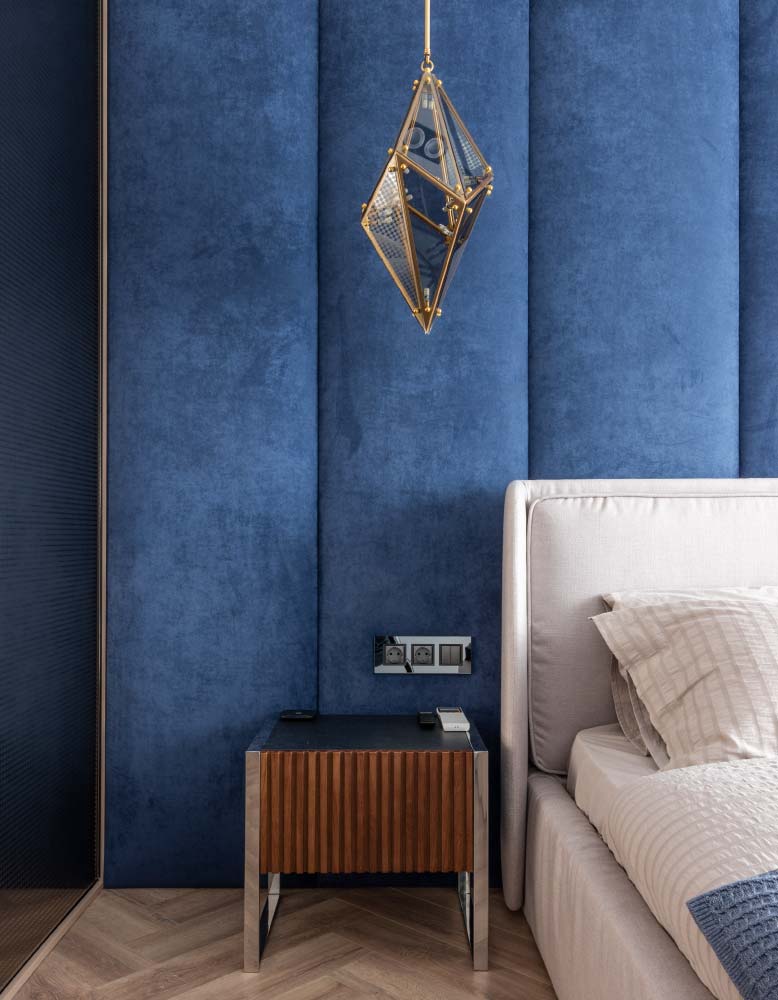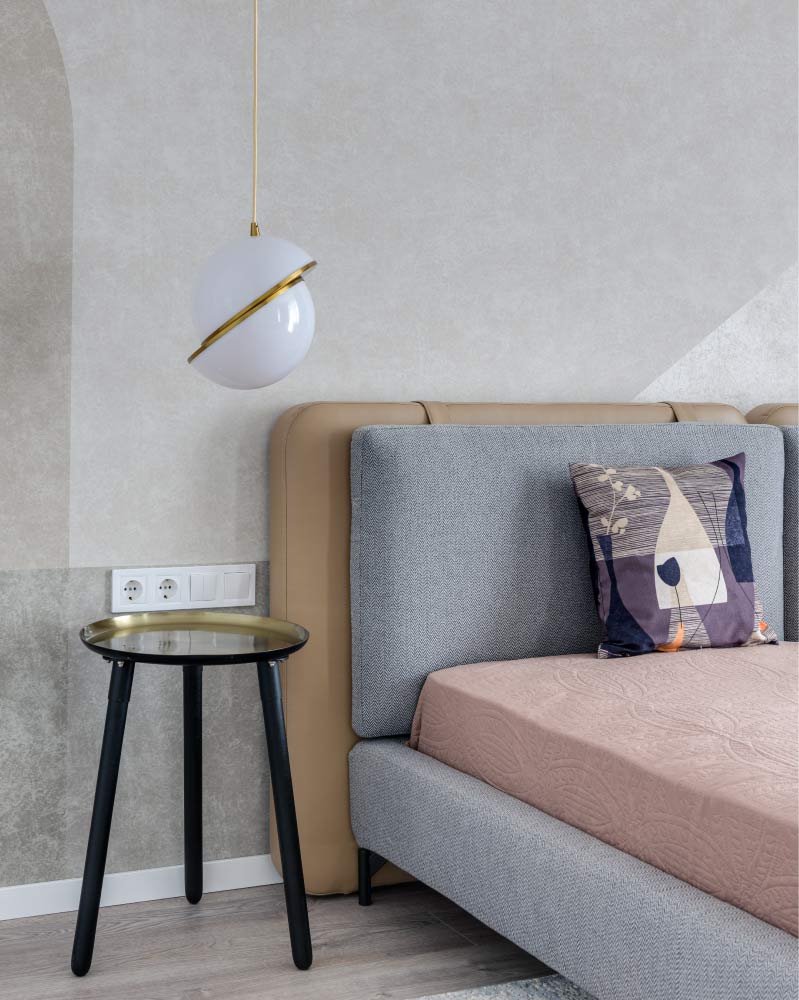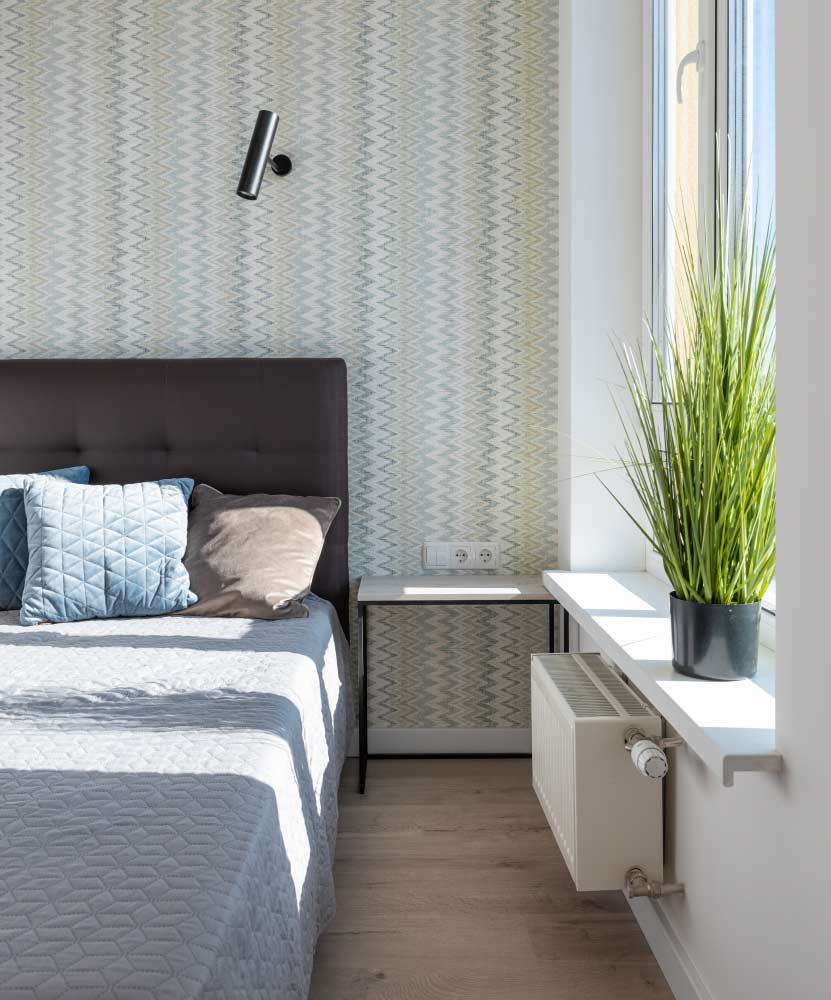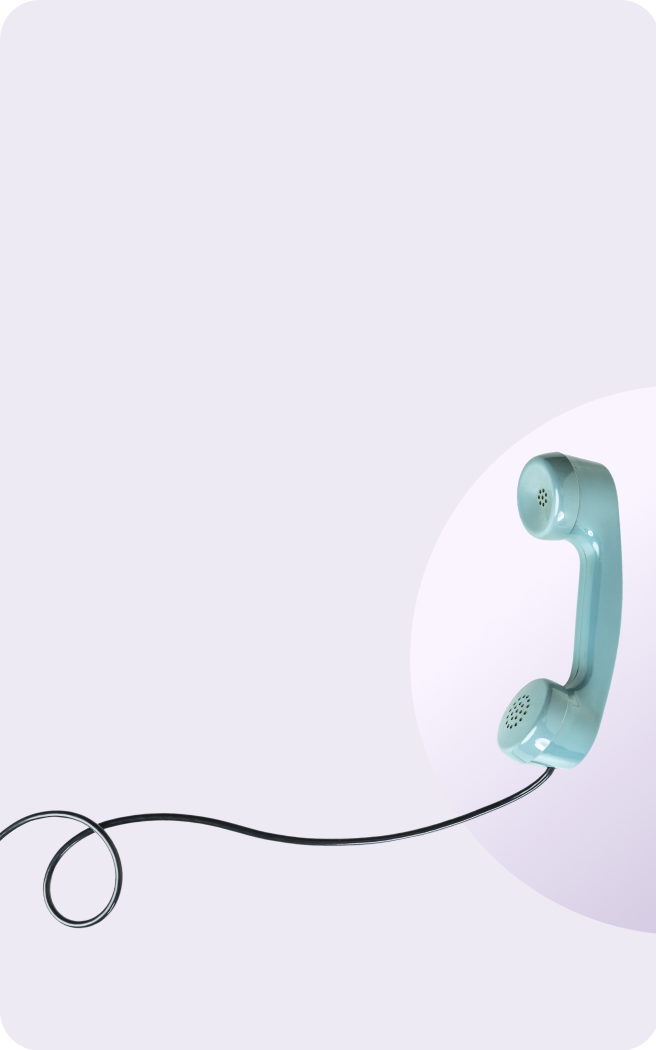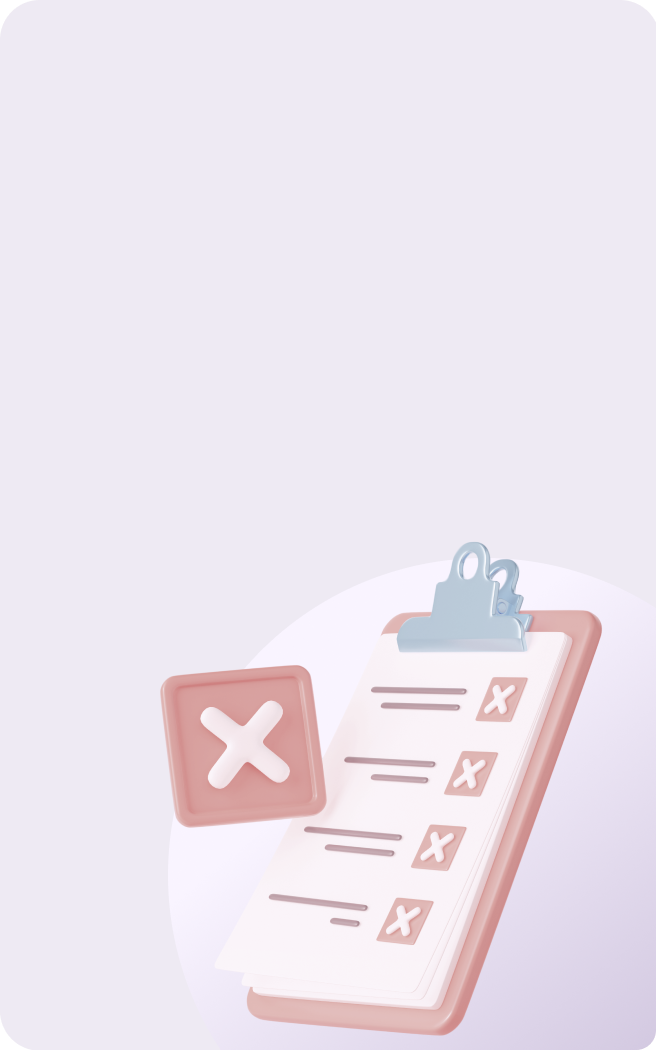Kitchens
- Category Name
- Kitchens
Get an approximate budget for your kitchen design by sharing your space details.
Speak to our design professionals
Share your info, we’ll book your slot.
Will you be living in your space during the renovation?
 Previous Question
Previous Question
 Previous Question
Previous Question
Please Select Date and Day
Appointment Date & time

The environment you rest in, its colours, direction of the bed, objects in the bedroom, can all affect your sleep
Often when we suffer insomnia we blame it on the spike in stress, or hormones, or even the activity of others sharing your home. But independent research has established that sleep is intrinsically affected by other factors as well—how your space is designed, the night lights, the direction of your bed design and the placement of your head, sounds that stream in, the colours within, even the décor and ambient temperature can all affect the quality of your sleep.
Let’s explore this in detail:
Colours in your bedroom design can affect you in different ways. For example, yellow is clearly a stimulating colour and can make you alert but if it's soft, with deep undertones of green, it can be relaxing. Similar dichotomy exists with orange, and violet. However, red, everyone agrees, is stimulating to the senses and is an absolute no-no when it comes to sleeping spaces. If one colour gets a loud Yes, it's blue. It's a "sturdy" colour and calming to the brain. Interestingly, flickering blue light, as in laptops, can keep you awake. So you can appreciate that this business of colours and your mind is, indeed, very complex and deep. Some colours which appear to be neutral can swing both ways, perhaps depending on your conditioning, but in this range of neutrals, gray is ruled out, regarded as a bad choice because it can be depressing. Its closer cousin silver appears to get a thumbs up. White appears to have a similar ambivalent impact and can make some people feel "spaced out".
Flickering lights, whether it's from switches, WiFi boxes, gadgets like laptops, even the teeny weeny light that indicates it’s on, can impact your sleep. The light messes with the pineal gland and the flow of its hormone melatonin, which impacts our body's cycles, including sleep rhythms.
Some lights that have a similar impact on your state of alertness are city lights. If your bedroom window overlooks a busy street, vehicular light, street lights, lights from construction sites, even a bright moon, or a starlit sky can ruin your Z’s. Depending on your level of exhaustion or heightened senses (which happens if the stress quotient was high that day) these innocuous lights can prevent you from deep slumber. Even light from elsewhere bouncing off shiny walls (with glossy surface, so matte textures are preferred for bedroom walls) or home décor, including mirrors, can increase the volume of light your sleeping eyes have to grapple with.
There is a reason why Buddha-centric accessories have superstar status in home décor. His calm, beatific expression gives our subconscious the nudge for similar responses. So traditional Vaastu or Feng shui suggest you do not keep images or art pieces that depict violence in your homes, especially in your sleep areas. Choose peaceful or neutral art pieces that prod you into such states.
ASMR or autonomous sensory meridian response is when a neutral sensory experience lulls you into deep relaxation states. Sleep may be induced in a room from familiar sounds like the fan whirring, ocean waves, fire crackling etc. We can see the impact of continuous sensory stimuli on our mental states of rest. By that same token, our subconscious will react even while in deep sleep to sounds we may not notice while awake. This includes the sudden rattle of a fridge compressor, the swing of curtain tassels on window panes, wind chimes in a draughty corridor, etc.
James Clear, the author of the best-seller Atomic Habits suggests that you must never work in your sleep space. It confuses the brain which prefers to pedal along conditioned pathways. This means two things: that while working you may feel sleepy; or vice versa, feel alert while trying to fall asleep. Yet how many of us continue to carry our work to bed. Even if your home is small, it's best to demarcate areas by using panels or folding room separators, to manage such distinctions.
Interestingly, despite whatever personal preferences we may have for bedtime temperatures, no matter what the climate is outside, when the body is hot it will make you alert, affect REM (rapid eye movements during sleep states) creating a disturbed sleep pattern. The opposite is true when the body is cooler. And humid conditions create more disturbances than even normal hot temperatures. So balance your AC temperature and thickness of your duvet wisely. Materials that trap heat may aggravate insomnia in some. And contrary to popular assumptions, both Vastu and Feng Shui advise you against sleeping in a place of direct draughts.
In Vastu, where the spaces are planned aligning with the electromagnetic field, head facing south is the best placement for deep rest. North or east are used for stimulating activities. It's quite an exciting idea how our ancients grasped the impact of directions on our pineal gland (migrating animals still follow the electromagnetic field of the earth through inner body compasses).
Another idea that Vastu shares with Feng Shui is to keep your rest areas uncluttered. So best to have your nighttime skincare routine, books and gadgets (even those that are switched off) inside drawers. Feng Shui also suggests avoiding mirrors facing the bed (you also don’t want to suddenly wake up at night and see a ghostly apparition ie. your own reflection distorted in the dark!) Similarly, unrepaired personal items (watches with no battery), mobile phones you are not using, clocks that don't work, grooming machines that are gathering dust, etc should not be kept in the bedroom because they are actually subliminally overloading your mind with must-be-done things and that can be disturbing.
For expert design consultation, send us your details and we’ll schedule a call
Yes, I would like to receive important updates and notifications on WhatsApp.
By proceeding, you are authorizing Beautiful Homes and its suggested contractors to get in touch with you through calls, sms, or e-mail.
Our team will contact you for further details.
We were unable to receive your details. Please try submitting them again.




